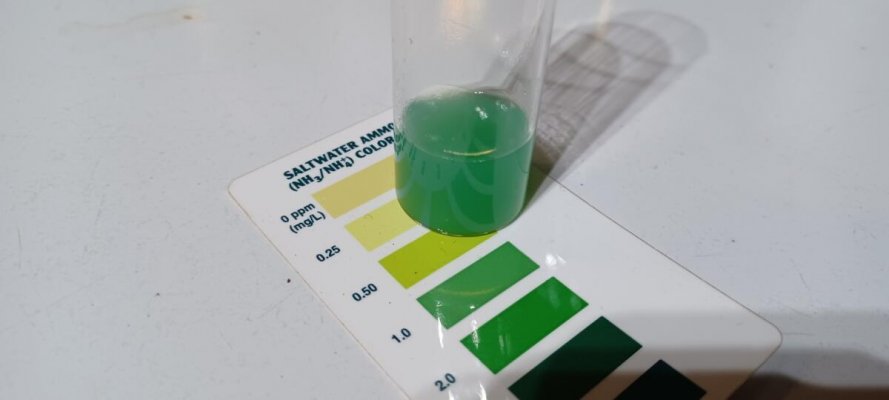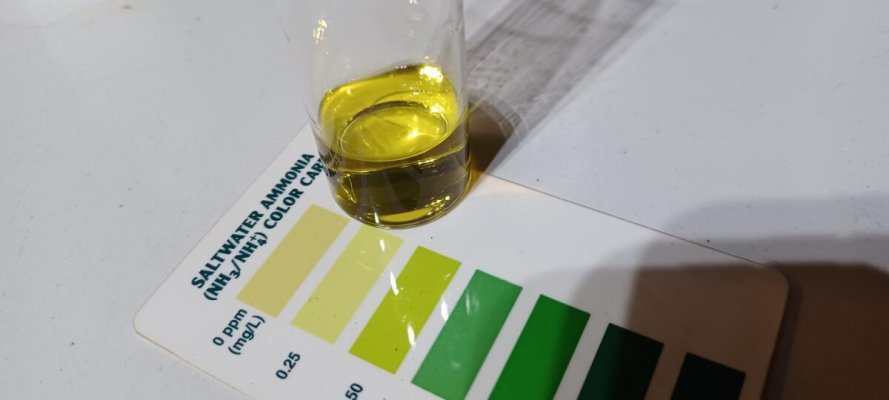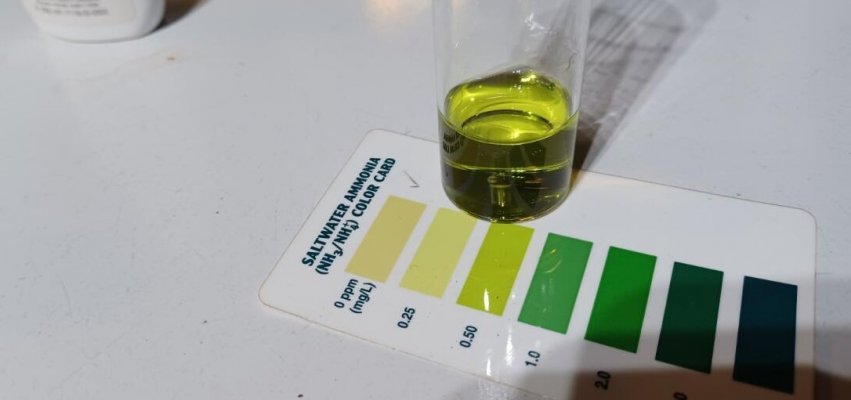- Joined
- Dec 28, 2016
- Messages
- 22,742
- Reaction score
- 21,908
What I'm saying is that despite years of discussion, Seachem says its test works. Its up to them to defend it - not mine. Your job is to defend your tests - which IMHO are lacking in what you are saying which is that 'Prime does not detoxify ammonia'. I don't care what Seachem implies, or suggests, etc. I want to see a study that shows that normally 'dangerous' levels of ammonia are lethal (or cause symptoms) in fish, etc - when exposed to the appropriate amount of prime. Until then, the claim you're making - that Prime does not detoxify ammonia IMHO - despite good intentions does not meet scrutiny.Although If your position is that Prime probably doesn't lower NH3, but it may do something we have no evidence of, that seachem doesn't claim, (and no idea if it makes any biological sense at all) that just makes organisms not hurt by swimming in NH3, then I suppose we're pretty close in agreement.
BTW - I made this point before. People read xxxx Post - who claims he/she has an 'immune tank'. There is no 'proof'. There is no 'data'. Anyone that questions that gets a response similar to 'its impossible to do scientific studies' anecdote is important. There is a LOT of anecdote that Prime helps when ammonia levels are high. But you in this case want to ignore the anecdote in favor of your results - all good.























